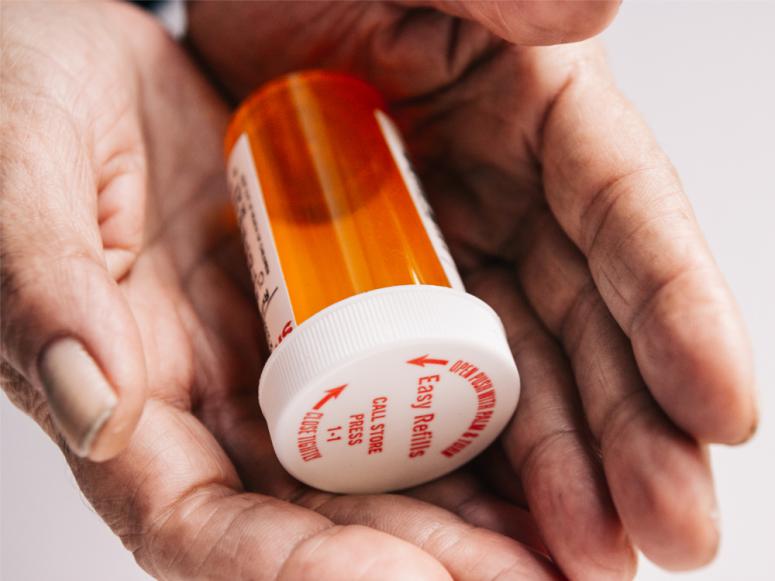
A new analysis of Medicaid data highlights previously unknown details about opioid use disorder (OUD) among Medicaid enrollees across six states and shows that while states are making significant progress there is still room for improvement.
Among the findings, published in a recent Kaiser Family Foundation brief, researchers found that less than half of Medicaid enrollees with OUD are receiving medication-assisted treatment, which is considered the gold standard treatment. The study also revealed that while OUD prevalence is higher among Medicaid enrollees in rural areas, states report a growing problem in urban areas where a majority of enrollees with OUD reside. States point to Medicaid expansion as a key policy lever for expanding access to treatment for OUD.
Comparing Medicaid data from Kentucky, Maryland, Ohio, Pennsylvania, Virginia, and West Virginia, the study drew on analyses provided by Medicaid Outcomes Distributed Research Network (MODRN), a research network supported by AcademyHealth with multi-state Medicaid data aimed at addressing issues of national public health importance and measuring the impact of innovative policies and interventions. Four other university partners also contributed to this work include: University of Kentucky, Ohio State University, The Hilltop Institute, University of Maryland Baltimore County, and West Virginia University.
“State Medicaid programs play a critical role in the fight against the opioid epidemic as they provide coverage for 4 in 10 people with opioid use disorder,” said project lead Julie Donohue, director of the Medicaid Research Center at the University of Pittsburgh. “States are taking several approaches to address the opioid crisis, but without a mechanism to share data or measurement tools, it’s difficult to assess what is working.”
MODRN grew out of academic-state partnerships from AcademyHealth’s State-University Partnership Learning Network (SUPLN) in Kentucky, Maryland, Michigan, North Carolina, Ohio, Pennsylvania, Virginia, West Virginia, and Wisconsin. MODRN recently welcomed additional SUPLN partnerships in Delaware, Maine and Tennessee. The 12 participating states facilitate analyses of data on nearly one quarter (17 million or 24%) of all Medicaid enrollees. Under these partnerships, each university collaborates with and provides research support to their state Medicaid program partner.
“This project embodies what moving evidence into action is all about,” AcademyHealth President and CEO Dr. Lisa Simpson said. “Policymakers struggling to combat public health crises such as the opioid epidemic need solid evidence to inform their decisions and an examination of comparable data across states is the first big step in that direction.”
As a next step, the team will construct and report on 15 standardized measures of OUD treatment performance in participating states, link Medicaid claims to vital statistics to examine the association between the quality of OUD treatment and overdoses, and also examine associations between Medicaid coverage policies, OUD treatment quality and overdose outcomes.
Learn more about the project here.
This work is supported by a grant from the National Institute on Drug Abuse (NIDA) R01DA048029.